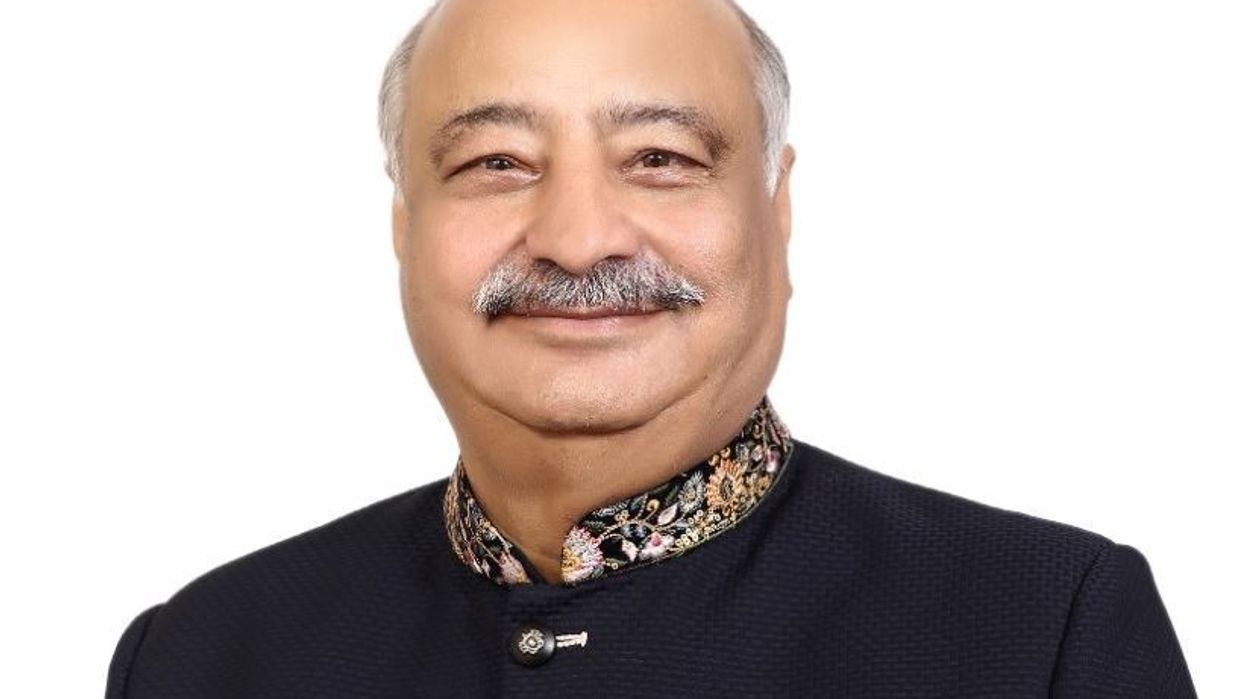INDIA may be forced to forfeit a Davis Cup play-off hosted by rival Pakistan, with the local tennis association saying Thursday (28) that the team was waiting on government approval to travel.
The nuclear-armed neighbours have fought several wars since winning independence from British rule in 1947, and sporting contests between the two have long been the victim of their enduring animosity.
The All India Tennis Association (AITA) asked the sports ministry for approval to travel to Pakistan after a request to shift the fixture to a third country was rejected by the International Tennis Federation tribunal.
"The proposal is still pending with the ministry and we are awaiting a decision," said AITA secretary-general Anil Dhupar.
The World Group 1 clash is scheduled for February 3-4.
New Delhi last hosted the Pakistani tennis team in 2006 and the Indian Davis Cup team last travelled to Islamabad in 1964, according to news outlet India Today.
Local media reports said a 2019 match was moved to Kazakhstan, with the AITA citing political tensions as the reason for the request.
Sports matches between India and Pakistan are rare owing to decades of hostility between the two nations.
They share one of the world's great sporting rivalries in cricket, by far the most popular sport in both countries.
But their teams have not played a bilateral series in more than a decade, and typically only face each other in larger tournaments.
India refused to travel to Pakistan for the 50-over Asia Cup in September, a move that forced its neighbour to partially relinquish hosting duties to Sri Lanka.
Pakistan travelled to India the following month for the Cricket World Cup after its request to stage some matches in a third country was rejected.
(AFP)





